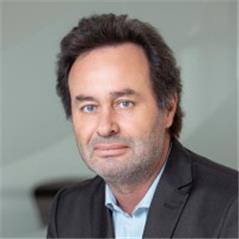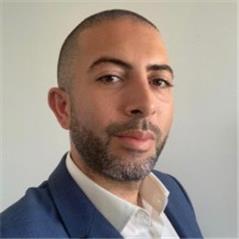Valuing used coffee capsules to strengthen the circular economy
Nespresso, pioneer of coffee in individual capsules, has been engaged for many years in an approach of responsible management of the resources necessary for its activity.
With its experience in recycling used coffee capsules in France, Nespresso turned to SUEZ, an expert in waste recovery, to improve the end of life of its coffee doses used on the Moroccan market.
Give a second life to used coffee capsules
Aiming to reduce the environmental impact of its activities, Nespresso has launched a recycling campaign for coffee capsules used by its customers in Morocco.
All the capsules collected are sent to a SUEZ treatment center, where aluminum and coffee grounds are separated to give them a second life.
All the capsules collected are sent to a SUEZ treatment center, where aluminum and coffee grounds are separated to give them a second life.
Simplify collection to encourage recycling
In major Moroccan cities, consumers of Nespresso coffee (hotels, cafés and restaurants, members of the Nespresso club ...) have recyclable plastic bags offered free by Nespresso to deposit the capsules consumed.
Valuing waste to obtain high quality secondary raw materials
The bags of used coffee capsules collected are sent to the recycling and recovery platform of SUEZ located in Bouskoura. The coffee grounds and the aluminum that constitute them are separated there for valorization:
- The coffee grounds is given to the association "Earth and Humanism" which works for the transmission of agroecology and the valorization of local resources. The coffee grounds are transformed into compost and fertilizers which are then used to amend the land.
- Aluminum is reinjected into the economy via recovery channels.
Would you like to know more?
Contact our sales team


